Traveling to France is back on our radar
It is gradually opening up to welcome France travel-lovers of the world. As we prepare to travel again, let’s get practical. Maybe you don’t speak French and don’t see the reason to learn. There’s a very important reason to learn a bit of it, however, and I hope to convince you.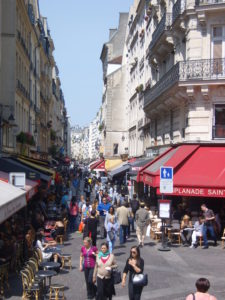
The French don’t expect you to speak their language, but a little bit of French, even just a few words, will pave the way for smooth relationships. This post will give you an overview of the most important French words and phrases you need to learn (at the minimum!) to be a polite and agreeable traveler to France. (In other words, don’t be the rude and unaware traveler the French don’t like!)
First, perspective
You’re visiting their country. It’s different than yours, so respect that things will be different from time to time and be flexible and patient. For example, in the US, the waitstaff usually has between five and eight tables total to take care of. They are also paid largely by tips. In France, one or two waiters may be responsible for the whole terrace or the entire dining room. They are salaried and tips (built into the price of the meal) are shared by everyone.
Next, the important words
First is Bonjour. You don’t just say ‘bonjour’ when you see someone you know. In France, it’s an important word to say anytime you have any kind of interaction. Jean-Benoit Nadeau and Julie Barlow, Canadian researchers of all things France, wrote a whole book on it called, “The Bonjour Effect.”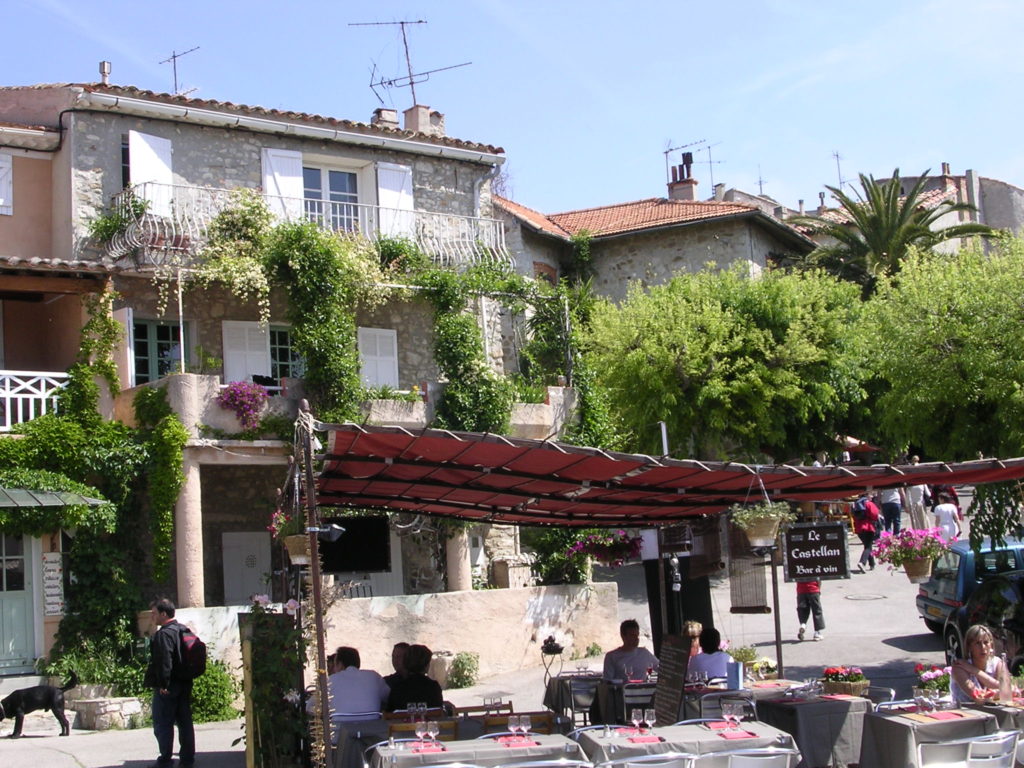
If you’re in a grocery store and want to ask an employee where to find the dairy, say “bonjour” first. Then ask them (even in English) where to find it. The “bonjour” will pave the way for a more helpful encounter. The same applies in a boulangerie (bakery), a post office, bank, or any small space where you’ll have personal contact with another person. They will know that even if you don’t speak to them in French, you understand the key to good interactions. Think of it as a sign of respect.
Here are some more
Excusez-moi: excuse me (or Pardon, emphasis on the second syllable with a nasal)
S’il vous plait: please (pronounced seel-voo-play)
Merci: thank you (mehr-see)
Bonsoir : good evening (bon swahr) pronounce the “bon” with a nasal N
Au revoir: goodbye (oh- reh-vwahr)
Oliver’s France offers a free online mini-course that will walk you through the main polite words and expressions, including all the correct pronunciation. Click HERE to access this helpful tool.
If you’d like to learn more French to be able to say more than hello and thank you, I have a complete course that will take you from zero to speaking with the past tense. There are also two smaller courses, in case the complete one is too much at first. Take just the basics in a course called Foundations of Travel French. If you want to keep going or have a foundation already, get the course entitled, Situational Travel French. All three are designed with the TRAVELER in mind. You can learn Travel French at your own pace and review lessons as often as you like.
If you prefer a book to an online course, these principles exist as a book by the same name. It has tons of helpful vocabulary for a variety of situations.
Preparing to be a polite and pleasant traveler might be even more important than remembering your camera and toothbrush. It’ll help with the human aspects of your trip, from start to finish.
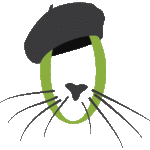

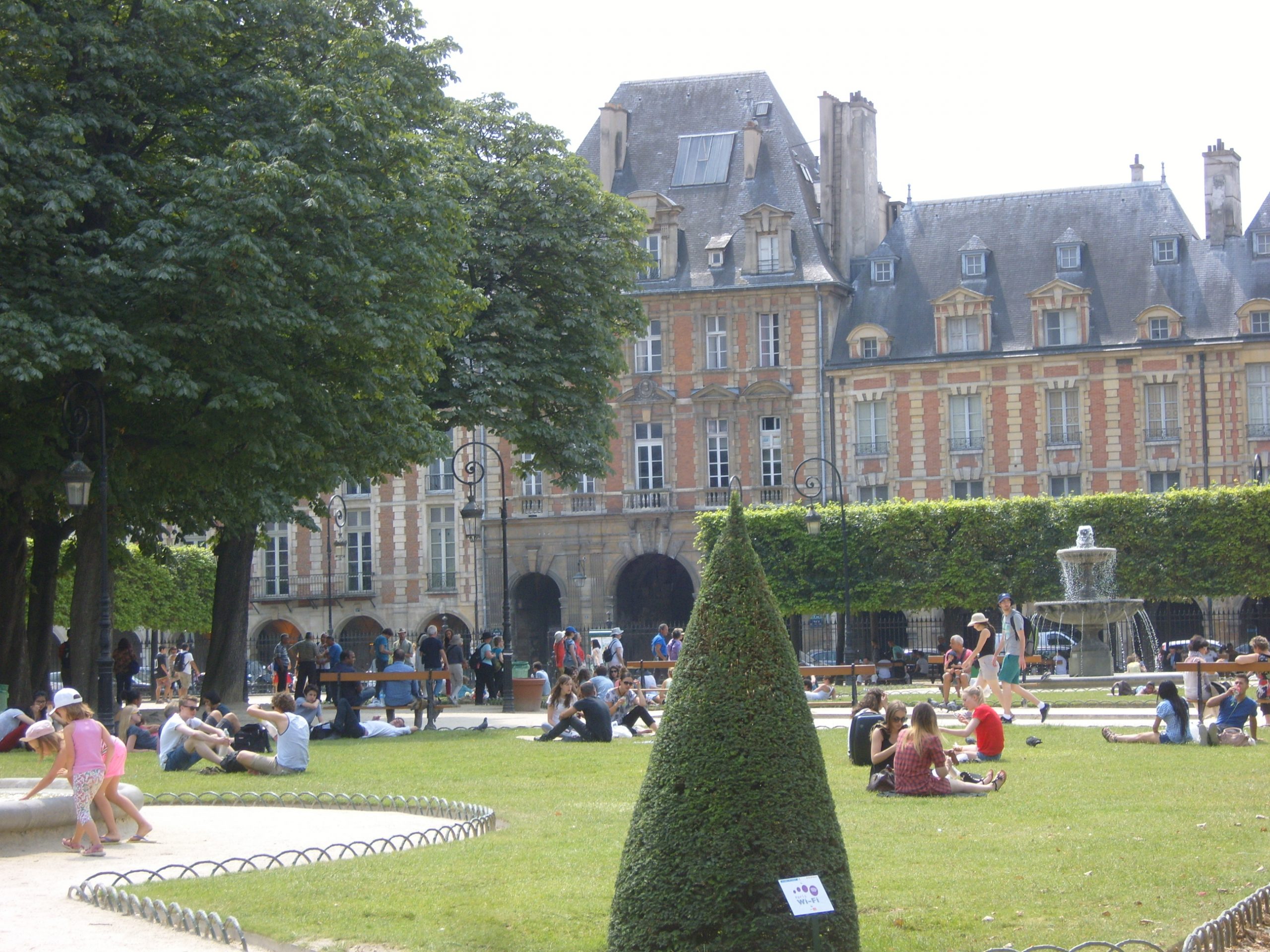
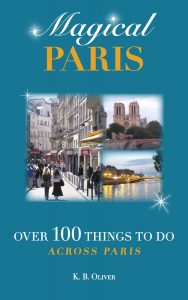

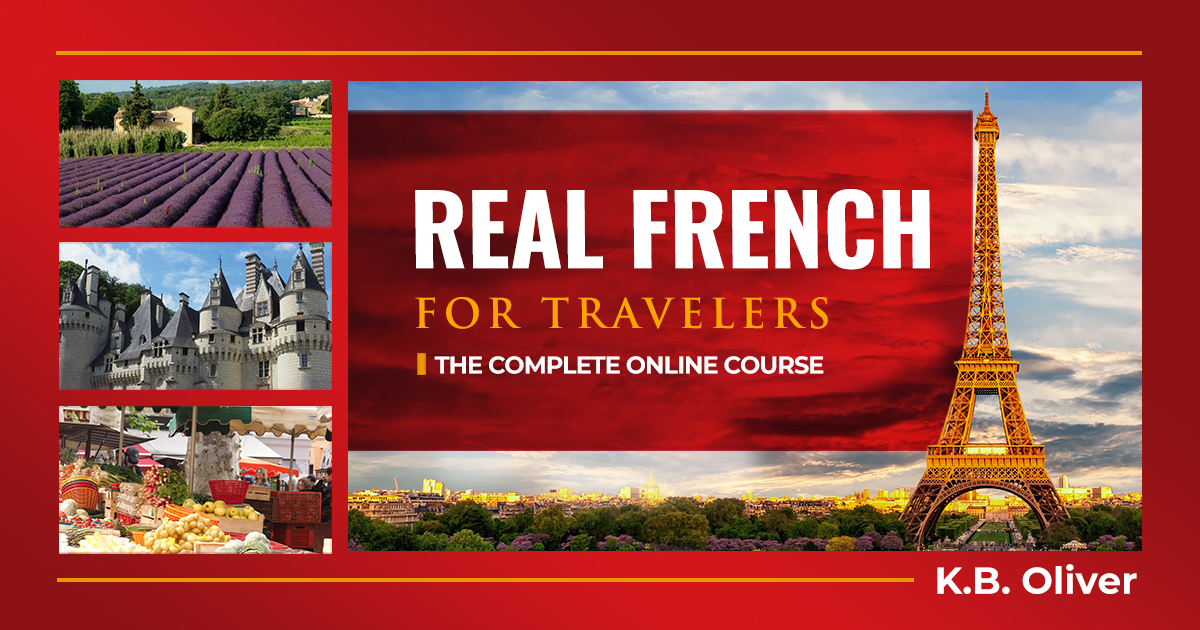
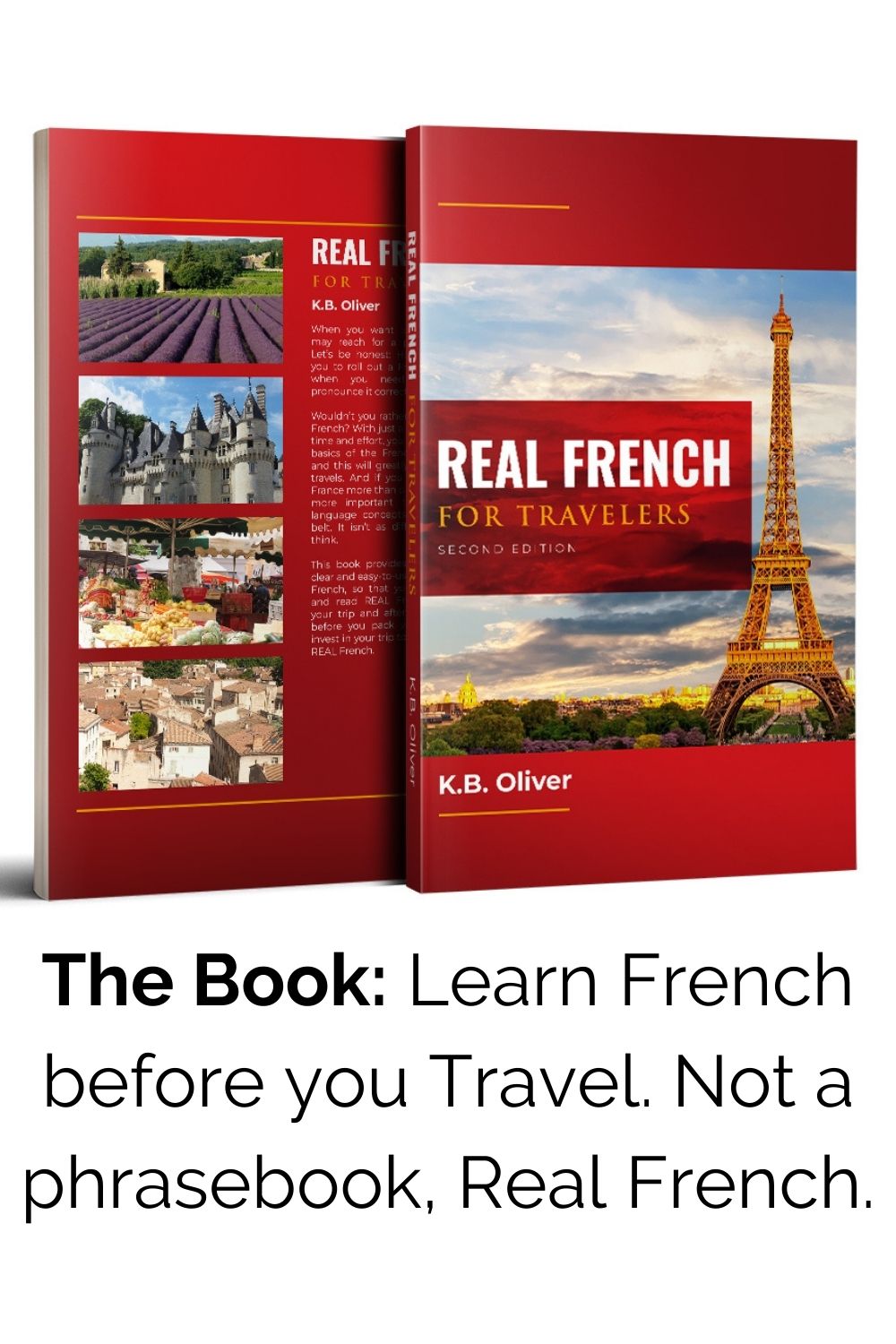
Great advice here!
Thanks, Daphne!
Ma chère amie,
J’espère que les américains qui lisent ton site Web, suivront tes conseils. Tu fais un excellent travail.
Bonne nuit
Merci beaucoup, Guillermo! J’espere que tu vas bien et que tu as bien vecu la periode Covid. Vive le voyage en France! N’est-ce pas?